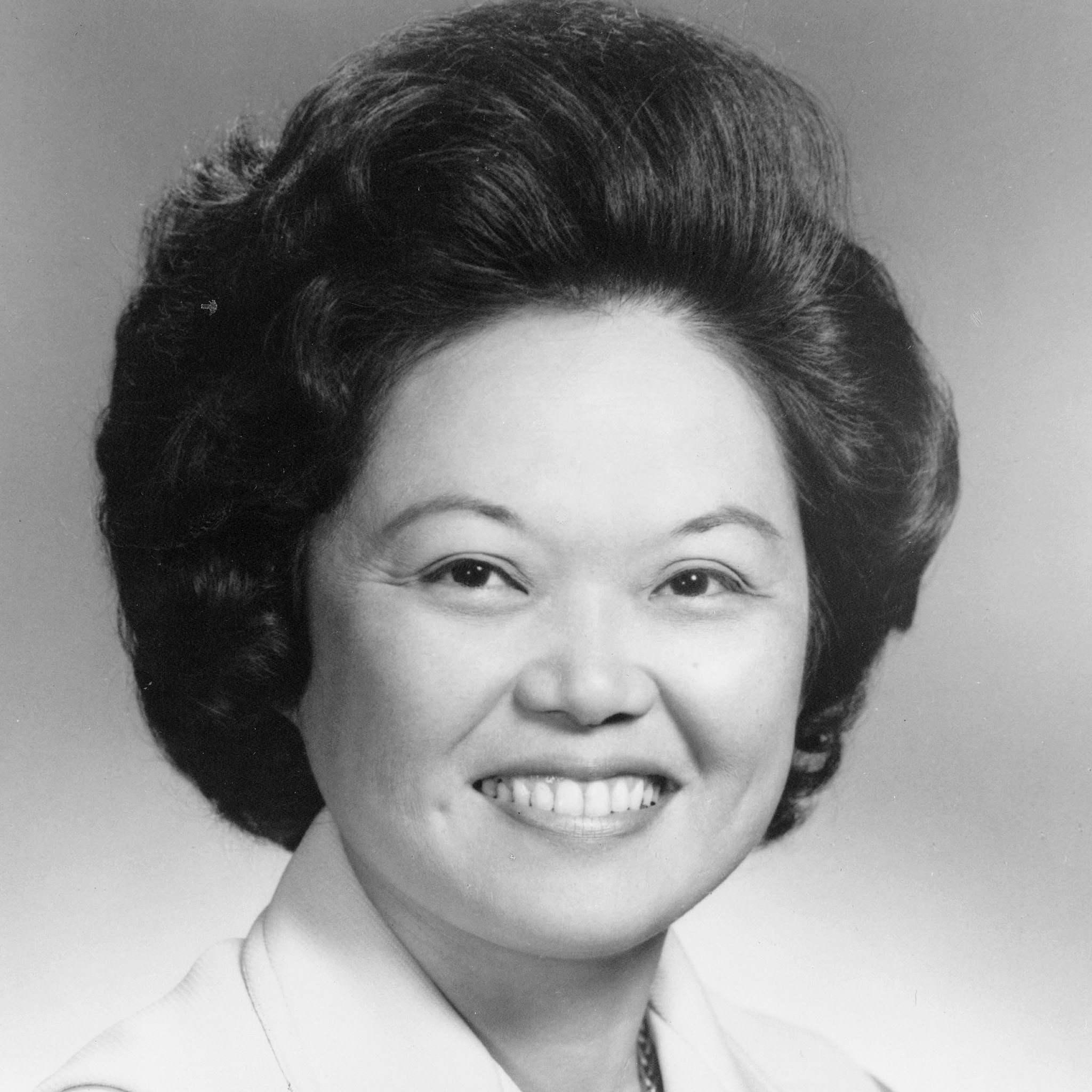Avenger of the Week | Patsy Mink, US Representative
Reading up on Patsy Mink makes one wonder why a movie hasn’t been made about this inspirational woman’s life. The number of sentences that begin with “The first woman to…” is astounding.
As US Representative, Patsy Mink made gender equality one of her top priorities. She “introduced the first comprehensive Early Childhood Education Act and authored the Women's Educational Equity Act”, both declared landmark laws by Congress. Perhaps her most important contribution was authoring and sponsoring the Title IX Amendment of the Higher Education Act. Title IX prohibits gender discrimination by federally funded institutions, which meant that schools, colleges, and the like could no longer offer programs and services to men without equal representation for women. And in 1975, when one congressman argued that there should be separate physical education classes for girls and boys, “one vote was needed to stop the change, and that vote was Patsy Mink’s.”
Mink’s fight for equality began during her early professional life. After attending the University of Hawaii, she was rejected from 12 different medical schools in what she believed was a gross case of gender discrimination. Instead, she decided to go to law school, but upon graduation was denied work — not because she was a woman, but because she was a married woman.
Mink wanted to return to Hawaii and begin her own law practice, but in order to take the Hawaii bar exam she was forced to challenge the residency law that required married women to assume their husband’s residency status, which meant she was officially a resident of Pennsylvania vs Hawaii. She argued that this statute was sexist, leading Hawaii’s attorney general to grant her Hawaiian citizenship. She became the first Japanese woman to practice law in the Hawaiian territory.
Patsy Mink then set her sights even higher and became the first “non-white and the first Asian American woman elected to Congress” (and the first woman elected to Congress from Hawaii to boot). When her aspirations moved beyond Congress in 1972, she became the “first Asian American to seek presidential nomination of the Democratic Party” and was the first Democratic woman to deliver the State of the Union rebuttal.
* Information sourced from The She Network and Wikipedia. Photo credit: The She Network

